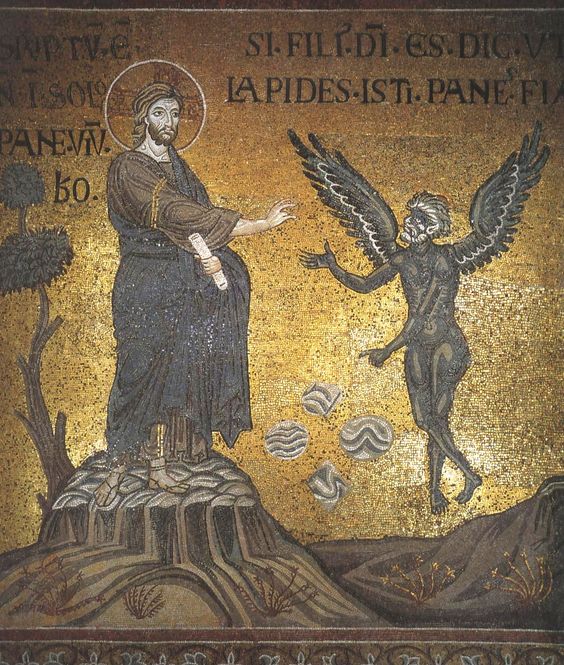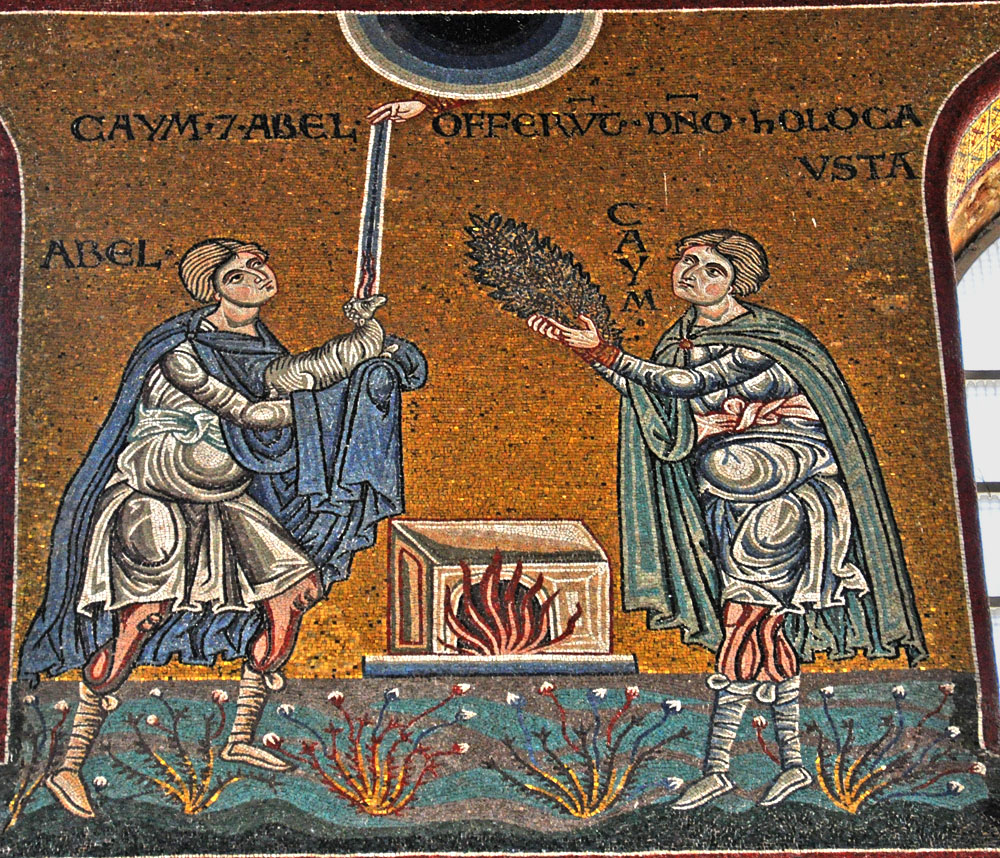
For such people are false prophets, deceitful workers who are disguising themselves as apostles of Christ. And no wonder, for Satan disguises himself as an angel of light. It is no great surprise, then, if his servants disguise themselves as servants of righteousness; for their end will be according to their works. (2 Cor. 11:13-15)
St. Paul warns the Corinthians that his enemies, who call themselves the super-apostles, are liars and deceivers who are not true apostles at all. They are servants of Satan, pretending to be something they are not just as Satan himself can pretend to be something he is not.
Evil apes respectability and weeds do their best to look like wheat. But whatever similarity they have to wheat is betrayed by what they taste like …. We therefore need the grace of God, a sober mind and watchful eyes, so that we do not eat weeds instead of wheat and make ourselves sick; nor to mistake the wolf for a sheep and be attacked; and not to mistake the death-dealing devil for a good angel and be devoured.
St. Curil of Jerusalem, Catechetical Lectures 4.1
Satan began as an angel of light. He was, in fact, the brightest of the angels. But he rebelled against God and became the enemy, the deceiver, the liar, and the pretender. Based on hints in the Old and New Testament, we think that about 1/3 of the angels joined his rebellion. Some early theologians thought that humans were created to replace the fallen angels in the Kingdom of God. But others say that Satan and his followers rebelled because they were jealous of the love and attention that the Holy Trinity gave to the human race.
Theologians who specialize in angels tell us that once an angel has chosen to be faithful to God or not, that angel cannot change their mind. That’s why we can trust our guardian angels to not suddenly “switch sides” and lead us away from God once we have begun to trust them and their guidance. We can hope that the fallen angels will be able to repent but we can’t depend on it.
In fact, it’s our ability to repent that makes us superior to the angels. We can repent because we have bodies and are not simply pure intellects as the angels are. But we must still guard ourselves. We can deceive and lie to ourselves, if not other people. We can think we are devout lovers of God but if we claim to love God but hate or ignore our fellow human beings, we do not actually love God.
The super-apostles in Corinth deceived themselves even more than they deceived their fellow Corinthians. Satan deceives himself more than he deceives any of us. Self-deception, in Russian called prelest, is the most dangerous trap we can fall into. That’s why frequent, thorough self-examination against objective standards is so important. There are many “Guides to self-examination” available, often based on the Ten Commandments or the eight Beatitudes or the Seven Virtues. The important thing is to use them and keep checking ourselves against them and admitting–going to Confession–when we have failed to live up to them.
Rather than lie to ourselves, we can embrace and walk in the light with the angels.

